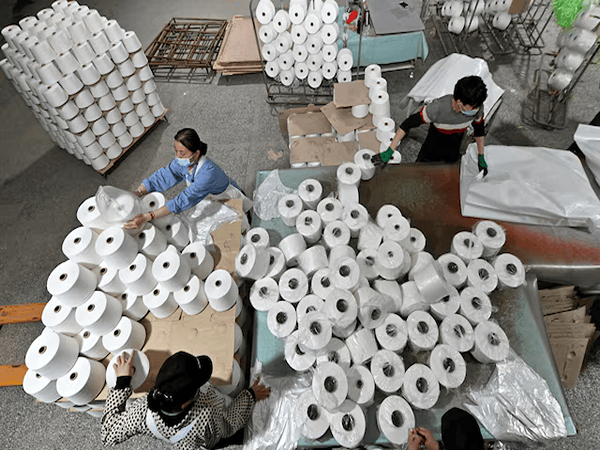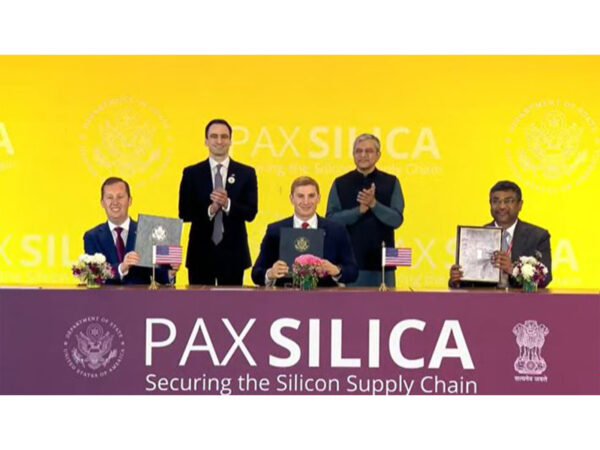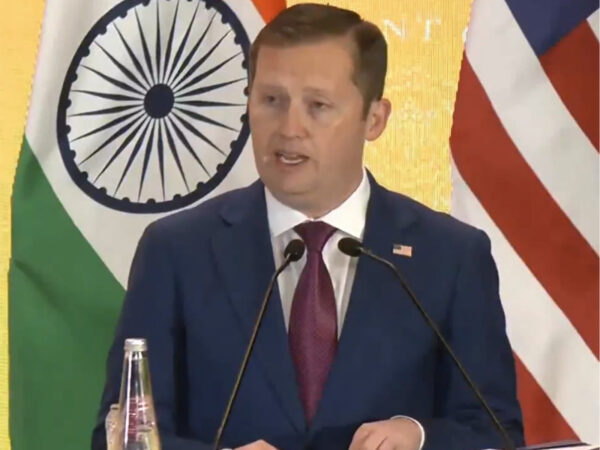
Uyghur Lives Bartered For Cotton, Solar Panels: China’s Atrocities Feed Global Trade
Over the past decade, China has escalated a brutal campaign of systematic repression against the Uyghur people, an indigenous Turkic Muslim group native to the region known as Xinjiang Uyghur Autonomous Region, or East Turkestan.
Despite global outcry and mounting evidence of mass human rights violations, China’s authoritarian regime continues to entrench its draconian control over the region, the Atlantic Council reported.
Since 2017, an estimated two million Uyghurs have been arbitrarily detained in vast internment camps, where they are subjected to forced political indoctrination, torture, organ harvesting, and compelled rejection of their faith and ethnic identity. The Atlantic Council noted that these acts have been identified by the United Nations as possible crimes against humanity, while governments, including the United States, have officially recognised them as genocide.
But for the Uyghurs who manage to escape imprisonment, another grim fate awaits: China’s state-sponsored forced labour programs. According to the Atlantic Council, these programs operate through two main systems: exploiting camp detainees for industrial labour, and forcibly transferring Uyghurs under the guise of “poverty alleviation” to work in factories and fields across China. Both rely on coercion, intimidation, and cultural erasure through language bans and indoctrination.
The Uyghur Region is deeply embedded in global supply chains. It produces 20 per cent of the world’s cotton, 25 per cent of its tomatoes, 45 per cent of its solar-grade polysilicon, and nearly 9 per cent of its aluminium. These resources, tainted by forced labour, make their way into products consumed globally, clothing, electronics, agriculture, and even seafood found in US federal food programs and aid shipments, as reported by the Atlantic Council.
In response, the United States has taken a leading role in confronting China’s forced labour regime. The landmark Uyghur Forced Labour Prevention Act (UFLPA), signed into law in 2021, created a presumption that any goods from the Uyghur Region are produced under forced labour unless proven otherwise. The Atlantic Council stated that since enforcement began in June 2022, U.S. Customs and Border Protection has seized over USD 3.69 billion worth of goods, blocking nearly USD 1 billion in imports.
As of January 2025, the UFLPA Entity List includes 144 companies tied to Uyghur forced labour. However, the Atlantic Council warned that progress may stall without renewed efforts. The Trump administration’s recent closure of the de minimis exemption, a loophole that allowed low-value Chinese goods into the US without inspection, is a step forward. Yet rising tariffs on US allies could inadvertently incentivise cost-cutting that reopens doors to unethical Chinese supply chains.
The Atlantic Council emphasised the urgent need for continued vigilance. Adding new entities to the UFLPA blacklist, passing the No Dollars to Uyghur Forced Labour Act, and staffing Uyghur-focused agencies with regional and sanctions expertise are key to curbing Beijing’s abuses.
Despite geopolitical distractions, the Atlantic Council stressed that Uyghur human rights must remain a cornerstone of US foreign policy. As China deepens its repression, Washington must lead with clarity, consistency, and a firm commitment to justice. (ANI)



